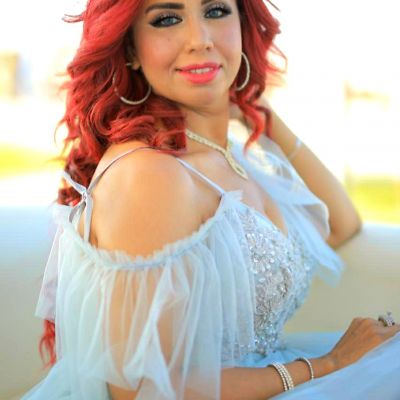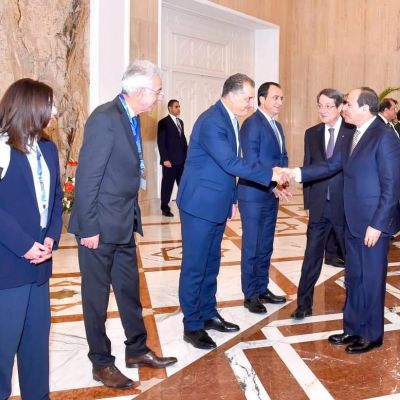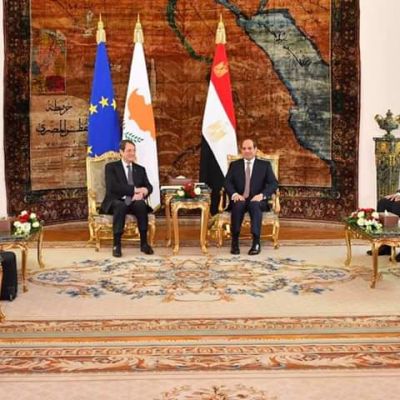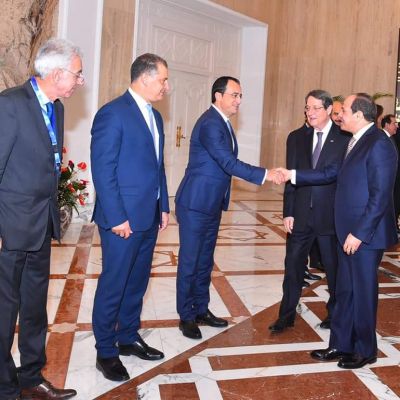
Women are life-givers. Every single person in the world was born by a woman. Carried in the womb for nine months. Breastfed by a woman. Carried on the back for your comfortable sleep as a child by a woman. Clothed by a woman. Fed by a woman.
Indeed, you could do nothing without your mother — who gave you life. It is a great irony then that the same women trusted to give us life are not trusted to manage the environment where we grow.
The bearer of life is now denied the basics of life. They are denied access to land. They cannot inherit spouses’ property. They lack equal access to education or financial services.
A world that denies women the opportunities to excel is not a smart world. The basic elementary thing we teach a kid is that 1 + 1 = 2. Clearly, additions give higher values.
And subtraction diminishes value, so 2 – 1 = 1. One would therefore assume that the world would be wise enough to know that things will be better with addition not with subtraction.
For way too long, women have suffered from the subtraction side: subtracted from education, subtracted from access to legal rights to land and property, subtracted from access to finance, subtracted from leadership positions in board rooms, subtracted from political processes.
No wonder the world is short-changed. To change the world, we should just go back to elementary school arithmetic and add one to one to make two.
Women don’t make wars; the egos of men lead to wars. But women and their children bear the brunt of wars and conflicts. A world led by women will not have wars. Life bearers will not become life takers.
Rwanda’s women are a great example. A small nation decimated by war and genocide which left its population with largely women. To rebuild, Rwanda had to rely on women.
And Rwanda’s women are remarkable. They helped to rebuild this nation from the painful ashes of genocide and wars. Rwanda’s women are strong, entrepreneurial and determined.
President Paul Kagame recognizes the power of women to build, to give life. Today, Rwanda has 50% of all ministerial positions filled by women, just like in Ethiopia.
Rwanda has 61% of its parliamentarians being women — the highest in the world. Four of the seven Supreme Court justices are women. And today, present with us is President of Ethiopia, the first in the country’s history and the only female president on the continent. What an incredible achievement.
As we gather today, for the Global Gender Summit, we must focus on how to fast track economic, social and political opportunities for women, and girls. A smarter world must invest in women and girls.
Let’s be smart and let’s be wise: women are the best investments any society can make. When they earn, they spend 90% of their income on their households, including their husbands.
Women pay back their loans — an overwhelming 90%. Smart banks will lend to women. Yet, there exists globally close to $1.5 trillion financing gap for women-led small and medium sized enterprises.
In Africa, 70% of women are excluded financially. The continent has a $42 billion financing gap between men and women. And women, who are the majority of farmers in Africa, face financing gap of close to $16 billion.
That’s why the African Development Bank has launched the Affirmative Finance Action for Women in Africa (AFAWA), to mobilise $3 billion of new lending by banks and financial institutions for women in Africa — the largest such effort in history.
I thank President Macron for his amazing support for AFAWA during the G7 summit and help to mobilise over $251 million for the initiative.
The African Development Bank believes in women. Women are bankable!
Smart nations will invest in women. A study by McKinsey shows that equal and full participation of women can add an additional $28 trillion to global wealth by 2025 — an increase of 26% in global annual GDP.
So, in short, the world is poorer because we exclude women or treat them unfairly in terms of labour market participation and unequal wages or unequal access or exclusion from markets or financial resources.
As multilateral development banks, we owe it to the world to not only shine the light on the challenges facing women; we must develop and launch transformative programs to tackle them, decisively.
We must drive policy dialogue to tackle legal, regulatory and institutional environments that constrain opportunities for women.
We must ensure gender equality in our projects. We must fight against gender-based violence.
And we must expand voice for women to participate more actively in communities, as leaders, in project design, implementation and monitoring.
We must change our procurement processes to open up opportunities for affirmative procurement for women and youth.
And we must end all forms of child marriage. To the men, hear me clearly: leave our girls alone! Marry your own age mates! We cannot sacrifice the future of our girls: let our girls be! Let our girls stay in school! Let our girls thrive! Let our girls excel! They are our best assets!
As we deliberate over the next two days let’s remember: 1 + 1 = 2. Let’s make sure we end gender-based disparities and inequalities.
No bird flies with one wing. When we fully empower women, then our economies will fly with two wings. Our schools will fly with two wings. Our businesses will fly with two wings. Our communities will fly with two wings.
And then, women — the life bearers — will have much better lives themselves. And when they do, all lives will be better.
Our world will fly finally with two wings — rising to the highest global wealth we possibly can achieve.
Then, our world will be a much, much, better place!
Let’s support women to thrive. Let’s make our world a better place for all.
The author is the President of the African Development Bank Group.
--
This article was extracted from a speech delivered at the Global Gender Summit in Kigali.































